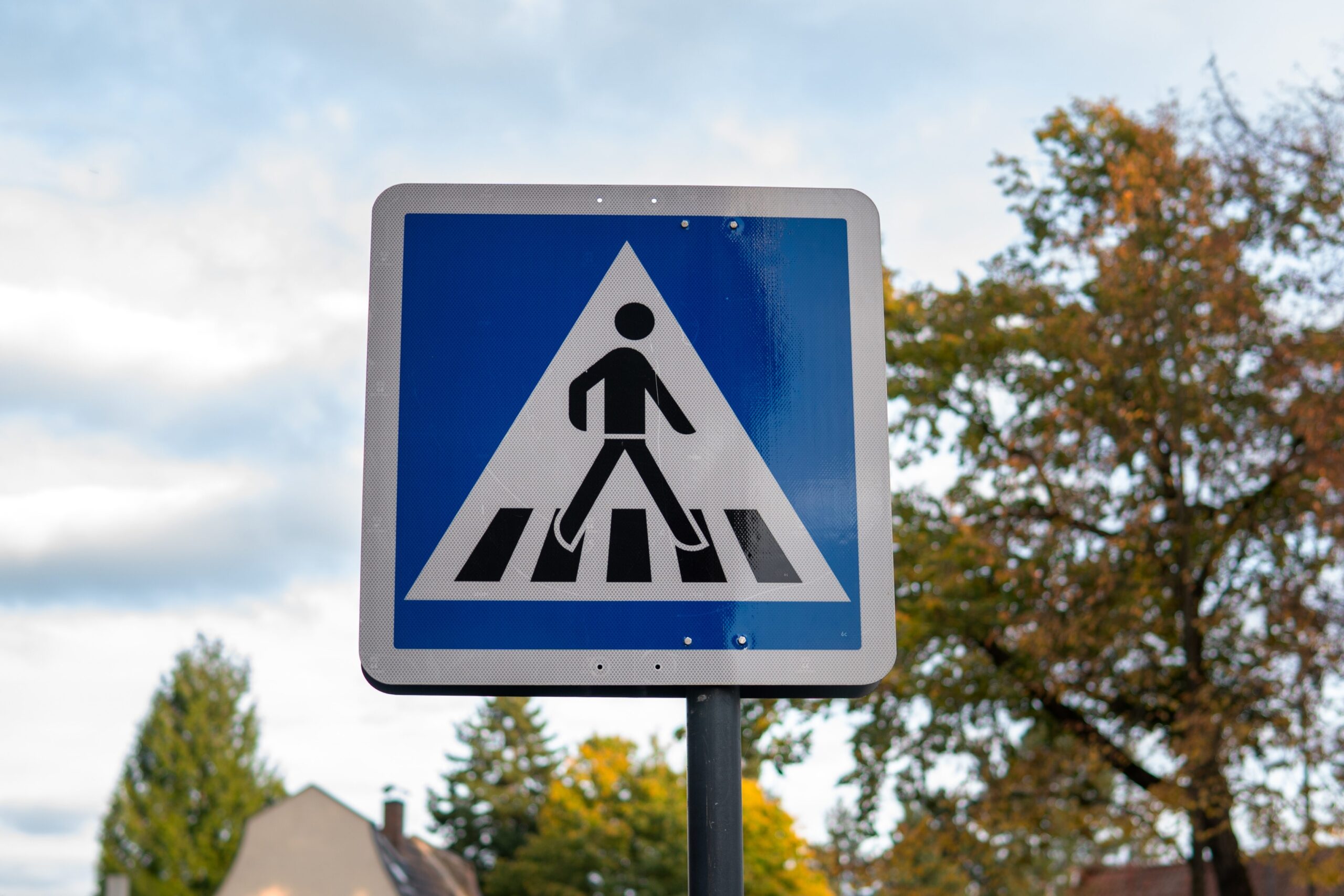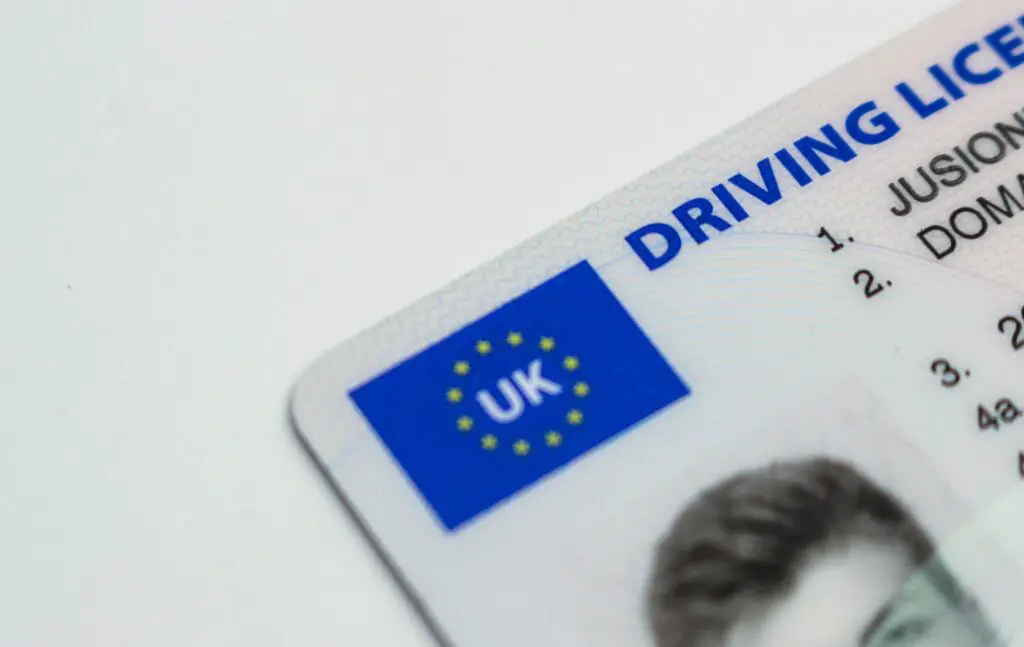1. Don’t Chew Gum in Singapore

If you’re heading to Singapore, you might want to leave your pack of gum at home. Chewing gum is banned there unless it’s for medical purposes, and selling it can actually get you fined or even land you in legal trouble. The law was introduced in 1992 to help keep the city spotless—officials were tired of gum being stuck on sidewalks, elevators and subway doors. That means even spitting out gum in public can be considered vandalism shares BBC.
While it’s a bit surprising for visitors, locals take this rule seriously. If you’re caught bringing gum into the country or chewing it where you shouldn’t, fines can reach up to $1,000. It might sound extreme, but Singapore is known for its pristine streets and highly organized society. So when in doubt, stick to mints adds the Guardian.
2. Don’t Feed Pigeons in Venice

In Venice, it may feel charming to toss a few crumbs to the pigeons in St. Mark’s Square, but doing so can cost you. Feeding birds in this historic area has been illegal since 2008, and the fine can be as high as €500. The reason? Those pigeons were damaging centuries-old statues and buildings with their droppings and constant pecking shares NBC News.
The city made the rule in an effort to preserve its beautiful architecture—and to reduce the enormous cleanup costs. Locals have gotten used to the quieter, cleaner piazza, and tourists are encouraged to enjoy the view without offering a snack. Even tossing a little bread to one bird could earn you a hefty penalty. It’s best to keep your hands (and food) to yourself while taking in the sights adds Los Angeles Times.
3. Don’t Wear Camouflage in the Caribbean

Planning a tropical getaway? Better double-check your suitcase before flying to places like Barbados, Jamaica, or Trinidad and Tobago. Wearing camouflage is strictly prohibited in several Caribbean nations because it’s reserved for military personnel. Even kids wearing camo-patterned shorts can be asked to change or face confiscation.
The rule is all about keeping a clear distinction between civilians and the armed forces. It might feel like an innocent fashion choice elsewhere, but in these countries, it can cause confusion or even security concerns. Tourists are often shocked to learn this when they’re stopped at the airport or warned by local police. It’s not just a suggestion—it’s enforced.
4. Don’t Drive a Dirty Car in Russia

It’s one thing to forget to wash your car for a while, but in Russia, that could actually get you fined. In cities like Moscow, there are laws that prohibit driving a dirty vehicle, especially if the license plate is obscured. Fines vary depending on the region, but you can expect to pay up to 2,000 rubles if your car looks neglected.
This rule might seem odd, but it’s partly about maintaining visibility and road safety. It’s also tied to local efforts to keep cities looking clean and presentable. If you’re renting a car while traveling there, it’s worth checking it over before hitting the road. A simple rinse could save you from unexpected trouble.
5. Don’t Cross the Street Whenever You Feel Like It in Germany

Germans are known for following rules, and jaywalking is taken quite seriously. If you’re caught crossing the street without a green pedestrian light, even when no cars are around, you could be fined €5 to €10. And it’s not just about safety—it’s also about setting a good example.
Children often walk around with their parents or teachers, and the expectation is that adults will model correct behavior. Locals may even call you out if you cross against the light in front of kids. Tourists sometimes find this surprising, especially when they’re used to dashing across the street whenever they feel like it. But in Germany, it’s best to wait for that little green man.
6. Don’t Eat on Public Transport in Japan

Japan is incredibly clean, and one reason for that is their etiquette around food in public. Eating on subways or buses is considered rude, and in many places, it’s completely banned. While you won’t always be slapped with a fine, in certain areas and during specific events, authorities do enforce it. And even without a fine, you’ll definitely earn some disapproving stares.
The rule helps keep public spaces tidy and respectful. Trains are typically silent and spotless, and eating would disrupt that peaceful atmosphere. That’s not to say you can’t snack at all—long-distance trains like the shinkansen allow food, and even offer bento boxes. But in cities, it’s polite to wait until you’re off the train.
7. Don’t Wear High Heels at Ancient Sites in Greece

If you’re thinking of dressing up for a photo shoot at the Acropolis, leave your stilettos behind. Greece has banned high heels at many of its ancient monuments to protect the fragile surfaces from damage. The rule applies to both locals and tourists, and yes—it is enforced.
The logic is simple: sharp heels can chip away at marble and other ancient stones. Some visitors have tried to sneak in with fancy footwear, only to be turned away or fined. Sneakers or flat sandals are the safest bet when touring these historic spots. And honestly, they’re much more comfortable for all that walking.
8. Don’t Forget to Flush in South Korea

Public restrooms in South Korea can be very modern, but they come with their own set of expectations. One of them? Always flush. In some restrooms, failing to do so—or leaving the area messy—can result in fines, particularly if there are signs posted with clear rules.
Cleanliness is taken seriously, and restroom etiquette is tied closely to public image. Some newer facilities even have sensors to monitor usage. While it’s not something every traveler expects, it’s worth being extra mindful in public spaces. When in doubt, follow the signage and leave things better than you found them.
9. Don’t Spit in Public in China

Spitting in public used to be common in China, but that’s changed in recent years, especially in major cities. The government began cracking down on the behavior ahead of the 2008 Beijing Olympics, and now, spitting can result in a fine of up to 200 yuan. It’s part of a broader effort to modernize public behavior and maintain cleanliness.
Cultural norms have shifted significantly, and locals are now more likely to report people who spit in public. If you’re caught by one of the many surveillance cameras, you could be ticketed on the spot. In some areas, even blowing your nose loudly on the street is frowned upon. The best bet? Carry tissues and keep it discreet.
10. Don’t Bring Durian into Public Buildings in Thailand

The durian is a love-it-or-hate-it fruit known for its incredibly strong odor. In Thailand, it’s so pungent that many hotels, public transport systems, and buildings have banned it entirely. Signs showing a durian with a red line through it are everywhere, and ignoring them can result in fines.
Even if you’re a fan of the fruit, carrying it into an elevator or hotel lobby is considered highly disrespectful. The smell lingers for hours and can make shared spaces unbearable. It’s not uncommon for someone to be asked to leave—or pay up—if they break the rule. So if you want to try it, eat it where it’s allowed and wash up afterward.
11. Don’t Flush the Wrong Way in Switzerland

Switzerland takes its rules to another level—especially when it comes to flushing. In some apartment buildings, flushing the toilet after 10 p.m. is frowned upon or even banned. The reason? Noise. Swiss people are very considerate of their neighbors’ peace and quiet.
While it’s more of a building regulation than a national law, fines can still happen if you ignore it in the wrong place. Some visitors are baffled when told they can’t flush at night, but locals see it as basic courtesy. If you’re staying with someone or renting an apartment, it’s smart to ask about the house rules. Quiet hours are a real thing in this country.
12. Don’t Sit on Steps in Rome

Rome may feel like an open-air museum, but don’t get too comfortable on the Spanish Steps. Sitting on them is actually illegal and has been since 2019. The rule was introduced to protect the historic marble from wear and tear caused by tourists lounging or eating there.
Fines can go up to €400, and police officers regularly patrol the area to enforce it. Tourists often don’t realize they’re breaking a rule until they’re asked to stand up—or handed a ticket. It’s fine to admire the view or snap a few photos, but save your resting for a proper bench. The goal is to preserve these treasures for future generations.
13. Don’t Forget Your ID in Japan

In Japan, it’s legally required for foreigners to carry identification at all times. That means your passport or residence card needs to be with you whenever you’re out and about. If you’re stopped by the police and can’t produce it, you could be detained or fined.
Even though Japan is generally very safe, the rule is taken seriously and regularly enforced. Some travelers think a copy of their passport is enough, but only the original counts. It might feel risky carrying such an important document, but it’s the law. A slim travel pouch can help you keep it secure without too much hassle.
